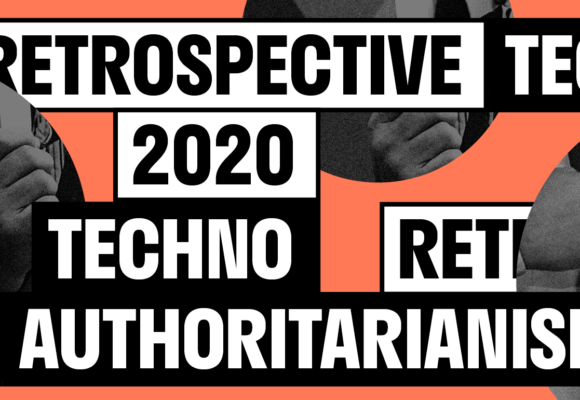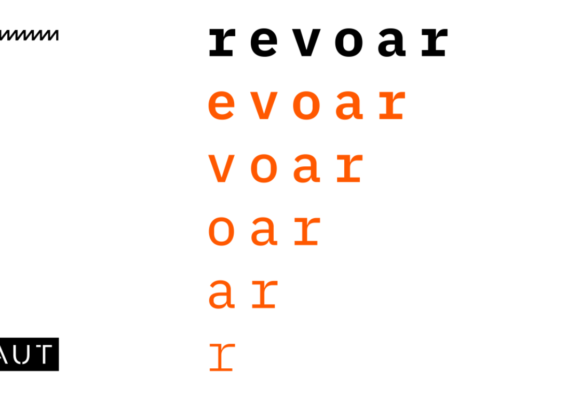The redemocratization process following the military dictatorship ushered in a new constitutional order in Brazil. Yet authoritarian prerogatives were never erased from the workings of government power. In fact, the Brazilian authoritarian history is not a static collection of past authoritarian episodes. Authoritarianism has also been changed, revamped and enhanced over time. New tools are introduced, while others remain available for innovative uses. Against this backdrop, the covid-19 sanitary crisis brings yet another set of risks to democracy. Worldwide, extraordinary measures adopted as a result of the emergency may be perceived as an opportunity for authoritarian empowerment. These measures also come with the risk of turning exceptions into the ‘new normal’ in the long term.
The Emergency Agenda is the first product of this pilot project, which aims at understanding the relationships and dissonances between authoritarian measures and emergency measures in Brazil. It is a tool for cataloging state acts that imply the use of formal and informal power, for a detailed analysis of the Brazilian situation during the pandemic. In doing so, the platform will help identify authoritarian techniques under the current constitutional regime.
Historically, authoritarianism can be found in acts coming from different points of the ideological spectrum. For this reason, the project also intends to examine the current connections between rightwing, conservative ideologies and authoritarianism. In doing so, it aims at understanding how to distinguish conservatism and authoritarianism in Brazil, from a conceptual, historical and legal point of view.











